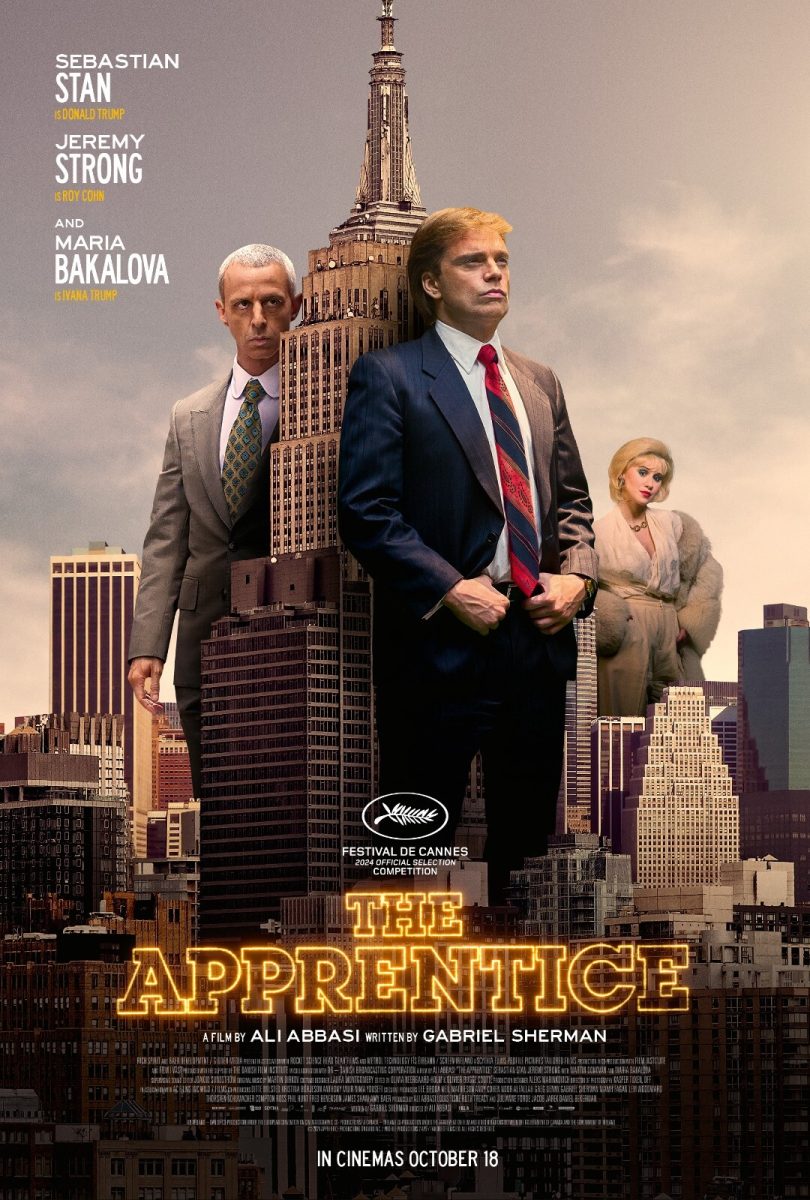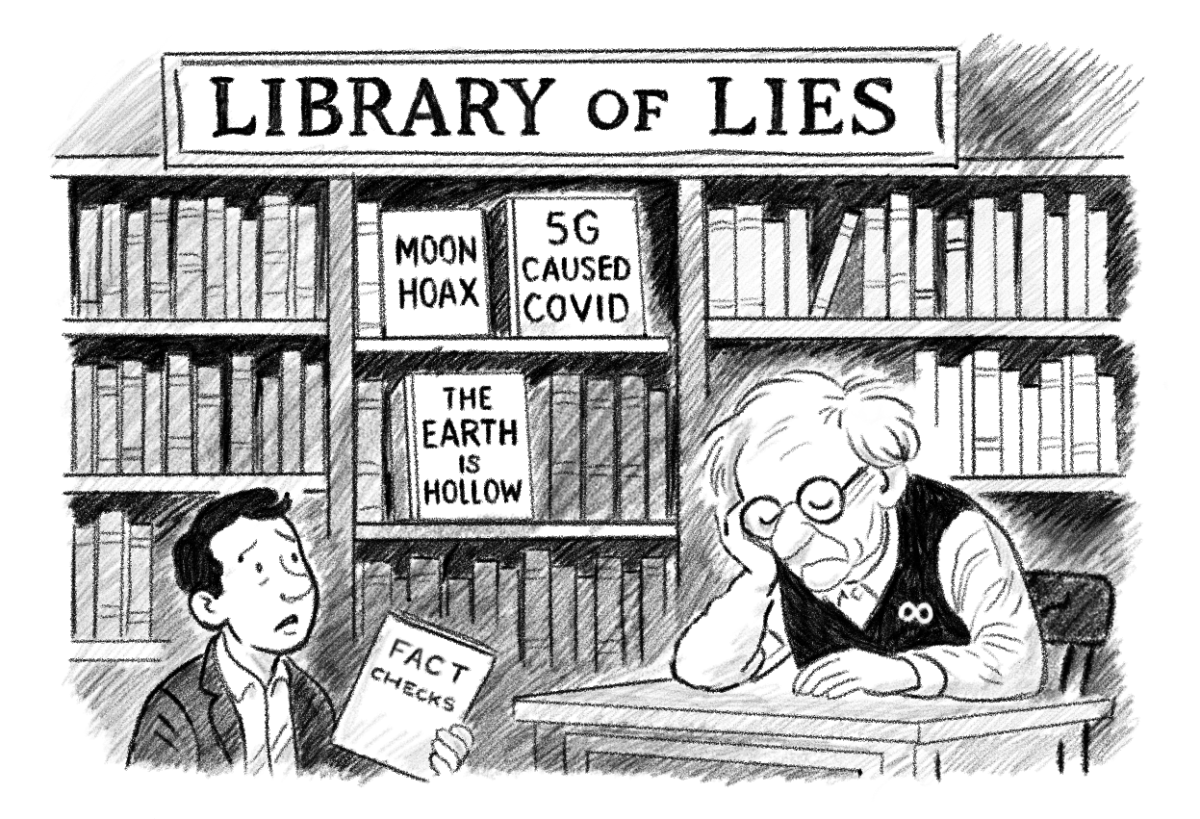Around the United States, communities suffer from the tragic loss of students, teachers, parents, and friends due to gun violence daily.
According to the Gun Violence Archive (GVA), there were 40,954 fatalities due to gun violence in the United States in 2024. Although these numbers represent an overall reduction in gun-related fatalities since 2016, they serve as a reminder that gun violence is still a prominent issue across our country.
This legislative session, the Florida Legislature passed the controversial House Bill (HB) 759, lowering the minimum age to purchase a long firearm from 21 to 18. The bill effectively reverses a core component of the Marjory Stoneman Douglas High School Public Safety Act, passed in the wake of the 2018 Parkland shooting that killed 17 students and faculty. That law raised the age to 21 after it was revealed the shooter legally purchased an AR-15-style rifle at 19 years old.
Proponents of the bill have argued in favor of the change because of the implications that being 18 brings: being considered a “legal adult.” However, Nicole Hockley, the parent of a Sandy Hook victim, argues otherwise.
“While someone is legally an adult at 18, the mind and the brain are still being formed, so being able to regulate emotions, make huge life-altering decisions, and fully develop doesn’t happen until the mid to late 20s,” Hockley said. Hockley co-founded and is currently the CEO of Sandy Hook Promise, a nonprofit organization dedicated to preventing gun violence and promoting mental health awareness.
Hockley tragically lost her youngest son, Dylan, at only 6 years old. He was among the 26 killed during the horrific Sandy Hook Elementary School shooting on December 14, 2012. Amidst her unimaginable loss, Hockley made it her mission to ensure that no other parent would ever have to endure such pain. As she advocated for this cause, she has become a well-respected advocate for children nationwide. “You should feel safe in school,” she said.
“The idea of being able to lower the age at which you can purchase a gun, a lethal weapon, is really concerning,” said Hockley. “Considering guns are already the leading cause of death for young people under the age of 19, the idea of providing them easier access to guns doesn’t really make a lot of sense. There are 18-year-olds who are still in high school and going to college.”
Representative Christine Hunschofsky, who was the Mayor of Parkland at the time of the tragedy, opposed HB 759 and emphasized the importance of learning from history. “After the Marjory Stoneman Douglas shooting, we passed a comprehensive bill that raised the age to purchase long guns to 21,” she stated in an interview. “The fact that we are now reversing that just a few years later, without any new evidence that it’s going to make us safer, is very disappointing.”
Hunschofsky also pointed out that the original bill passed in 2018 had bipartisan support and was upheld by the courts, a sign that it was both popular and constitutional. “The Eleventh Circuit Court upheld the law and said it did not violate the Second Amendment. We had legal precedent,” she explained.
Representative Dan Daley, a Stoneman Douglas graduate and former city commissioner who arrived on campus within thirty minutes of the 2018 shooting, joined Hunschofsky in opposing HB 759. “What has changed? Nothing has changed,” he said. “The number one killer in school shootings are 18 to 21-year-olds with a long gun. The facts are the same. The law has worked. We have not seen another incident like that since the passing of the Marjory Stoneman Douglas High School Public Safety Act.”
One of the main arguments for HB 759 by House Republicans was that 18-year-olds can serve in the military. As Hunschofsky pointed out, however, “Any current service member of the military and any current law enforcement or correctional officer is exempt from the current law. So when we hear these things, ‘Well, somebody can serve in the military. They should be able to buy a long gun.’ If they are serving in the military, they can purchase a long gun. And let’s be clear. Members of the military have gone through background checks and extensive training. It’s a very different scenario.”
Daley underscored Hunschofsky’s point about military service exemptions: “If you sign up for the United States military, you undergo a background check. You don’t necessarily do that if you go to buy a long gun. You go through many weeks of basic training in the military. You don’t get to touch the firearm until week three of the course. There’s no constitutional right to purchase a long gun between 18 and 21.”
We are all reminded of the importance of the enforcement of these fun laws once it’s too late.
On April 17, 2025, Florida State University (FSU) experienced a tragic mass shooting, killing two and injuring six others. The suspected felon is a 20-year-old student, Phoenix Ikner, who reportedly used his stepmother’s former service weapon to attack the student union around midday. In response, FSU students organized a march to the state capitol, urging lawmakers to oppose HB 759 and support other bills for gun safety.
“Every year, I file a responsible gun ownership bill,” said Hunschofsky. “What that includes is universal background checks, safe storage, and regulation of ghost guns”—referring to untraceable firearms that can be 3D-printed and assembled from parts purchased on the internet.
“Unfortunately, [Ikner] had access to a firearm in the home, so there most likely was a safe storage issue there. And I think it just shows that the laws we have, we need to keep, and we need to continue to promote responsible gun ownership.”
Daley supports closing ammunition loopholes through Jamie’s Law, named for Jamie Guttenberg, one of the 17 victims of the Parkland shooting and daughter of advocate Fred Guttenberg. “Right now, if you are a prohibited purchaser of a firearm, meaning you’re a convicted felon, deemed mentally incompetent, or otherwise restricted, there is nothing that stops you from buying as much ammunition as you’d like,” Daley said. “They don’t check your ID, they don’t run you through a background check. That, to me, is crazy.”
Jamie’s Law would require a background check for ammunition purchases, with reasonable exemptions for hunters, sport shooters, and pre-certified individuals (vetted through a process similar to TSA PreCheck). Thus far, however, the bill has failed to pass through the Florida Senate.
As tighter gun regulations fail to gain political momentum in Florida or get rolled back, Ransom Everglades has worked to implement its own safety measures to prevent violence. Kenzie Kaplan ’25, President of Students Against Gun Violence (SAGV), mentioned an assembly her club had put together where they “brought in Mr. [Robert] DePriest, the head of security, and went through all the different procedures and different things you need to be aware of, to keep people informed.” This assembly was informative and helpful not only for high school students but also for those in middle school. It helped them understand the importance of the drills that are practiced.
“State legislation should always be very supportive of schools,” said Hunschofsky. “And I will say that I believe Florida has done a good job at focusing on school safety, whether it’s through threat assessments, hardening schools, or making sure there’s funding there for that as well. That’s where we can play a very instrumental role, because if people don’t feel safe at school, it’s very difficult to learn.”
Daley emphasized the necessity of proactive training. “I’ve run a bill the last two years with the support of some of the Parkland parents that would mandate mass casualty training for new teachers as part of their certification,” he said. “If we can’t keep our kids safe, none of the rest of your training and education matters.”
Ironically, during our interview with Hunschofsky, RE conducted a scheduled lockdown drill. The timing was a striking coincidence, showing how school safety procedures have become a routine part of students’ lives.
Even though prevention methods have been implemented in our school, being aware of what others are going through is important to help students learn about the world around them. In SAGV, the club spends time “talking about what’s going on in the world, especially current events that are related to gun violence,” said Veronica Font ’27, Secretary of SAGV. She said that SAGV is highly active with its “voter registration drives” to help encourage students to vote for candidates who support safer communities that are free of gun violence.
But student-led clubs and national advocacy groups shouldn’t be the only ones leading this change. Lawmakers must stop retreating from proven safety measures and instead listen to the voices of survivors, experts, and young people who are living in this crisis daily. The reversal of commonsense laws like the Marjory Stoneman Douglas Public Safety Act isn’t just a policy mistake, it’s a moral failure. Every rollback sends a message that political agendas matter more than the lives of people. If our leaders won’t act with courage, it is up to us, the next generation of voters, to elect the ones who will.






